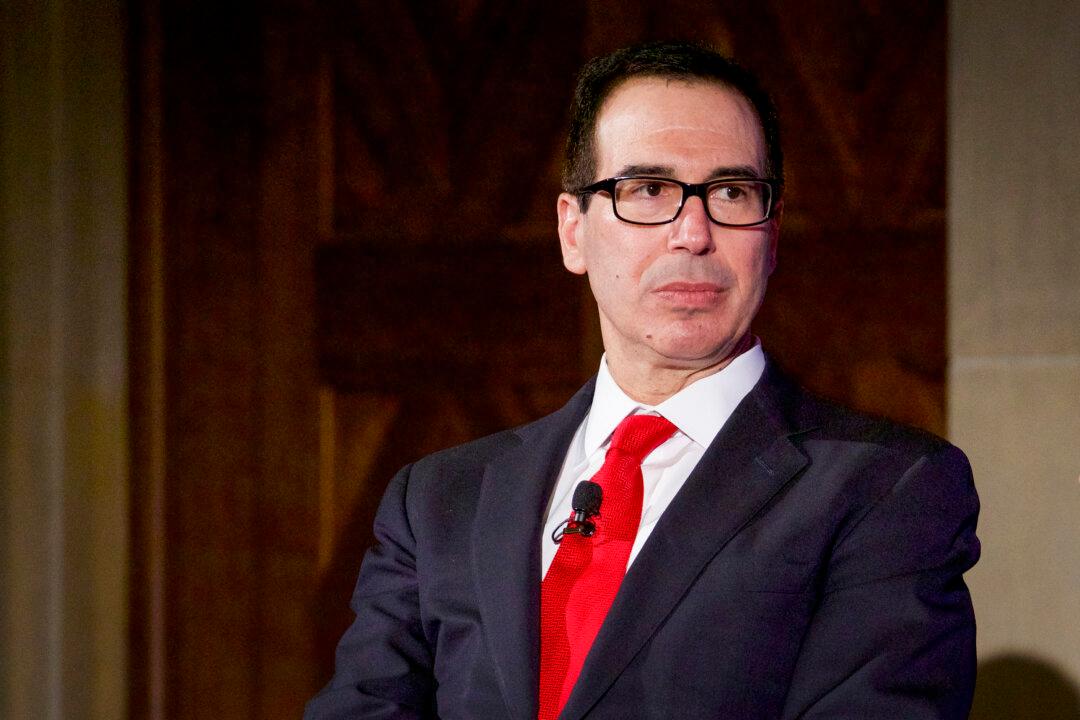While there have been reports of people receiving stimulus checks for their deceased relatives, that money should not be spent, according to a top White House official.
Treasury Secretary Steven Mnuchin told the Wall Street Journal that families who receive the payments should return them to the federal government, although he did not specify how.





